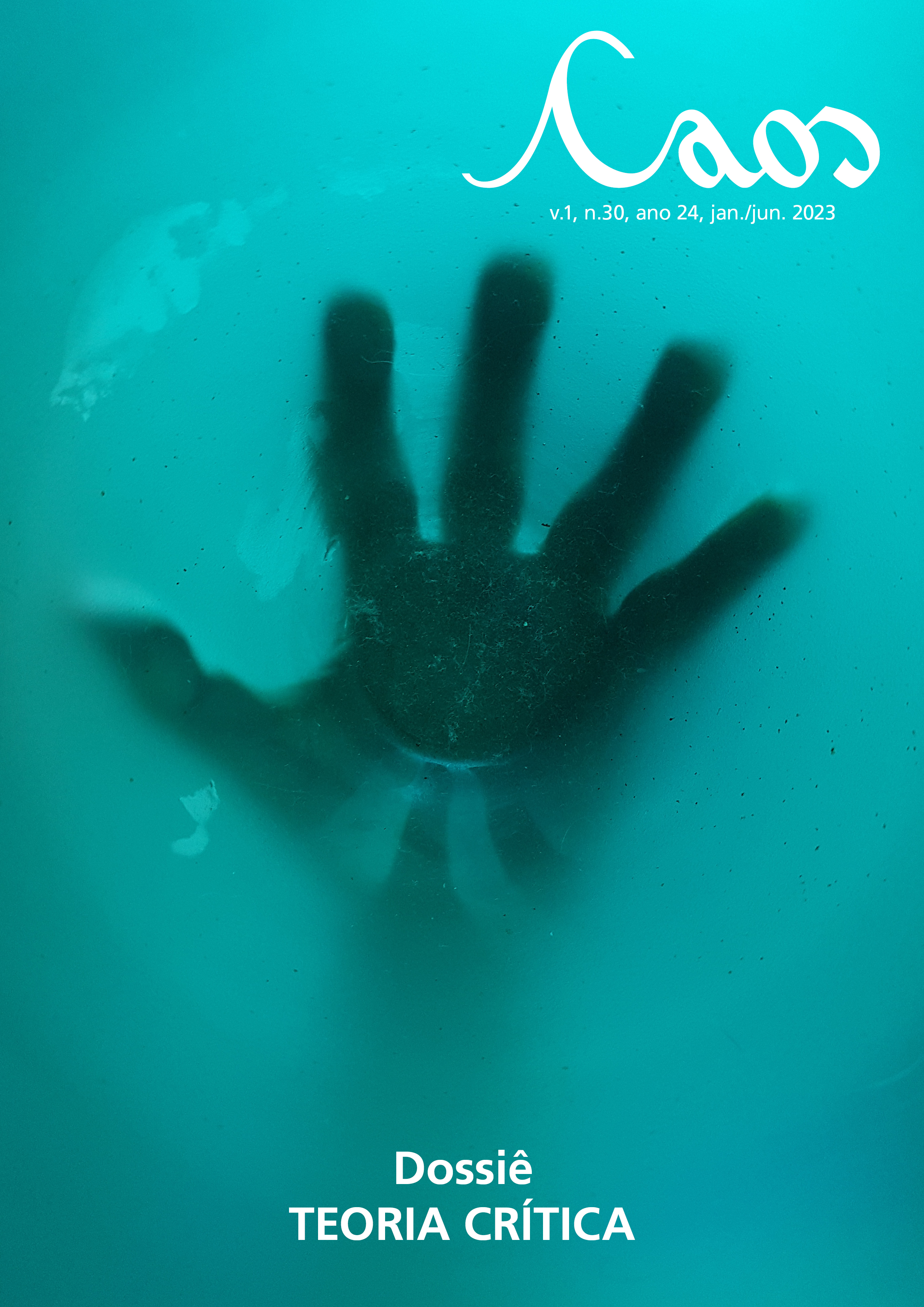CONSUMER SOCIETY AND THE SENSES AND SOCIAL MEANINGS OF THE MINIMALIST CONSUMPTION NARRATIVE
DOI:
https://doi.org/10.46906/caos.n30.65751.p157-174Keywords:
consumer society, minimalism, modernity, new subjectivities.Abstract
The main objective of this article is to understand, from a sociological point of view, the construction of narratives that serve as guidelines for new consumption practices in contemporary society, especially those that are under the aegis of what is conventionally called minimalist consumption. Therefore, we analyze the contents of these narratives produced in electronic social networks, specifically through some public profiles on the social network Instagram, where we perceive links and contradictions between the construction of these narratives and the dynamic of constitution and consolidation of the modern consumer society. Finally, it was identified that, much more than a mechanism of social activism, which would be marked by the incentive to forms of collective action as a reaction to the consumption system itself, what is at stake in the construction of these narratives is the appreciation of micro social processes of individuation that, through minimalist consumption practices, would reinforce consumer relations as an expression of subjectivities.
Downloads
Metrics
Published
Issue
Section
License
Copyright (c) 2023 Anderson Moebus Retondar

This work is licensed under a Creative Commons Attribution-NonCommercial 4.0 International License.
A Caos é regida por uma Licença da Creative Commons (CC): CC BY-NC 4.0, aplicada a revistas eletrônicas, com a qual os autores declaram concordar ao fazer a submissão. Os autores retêm os direitos autorais e os de publicação completos.
Segundo essa licença, os autores são os detentores dos direitos autorais (copyright) de seus textos, e concedem direitos de uso para outros, podendo qualquer usuário copiar e redistribuir o material em qualquer suporte ou formato, remixar, transformar e criar a partir do material, ou usá-lo de qualquer outro propósito lícito, observando os seguintes termos: (a) atribuição – o usuário deve atribuir o devido crédito, fornecer um link para a licença, e indicar se foram feitas alterações. Os usos podem ocorrer de qualquer forma razoável, mas não de uma forma que sugira haver o apoio ou aprovação do licenciante; (b) NãoComercial – o material não pode ser usado para fins comerciais; (c) sem restrições adicionais – os usuários não podem aplicar termos jurídicos ou medidas de caráter tecnológico que restrinjam legalmente outros de fazerem algo que a licença permita.
Recomendamos aos autores que, antes de submeterem os manuscritos, acessem os termos completos da licença (clique aqui).
















